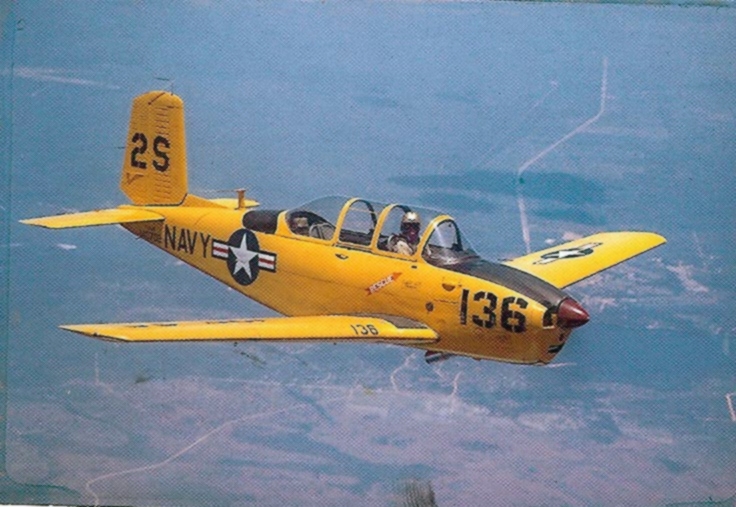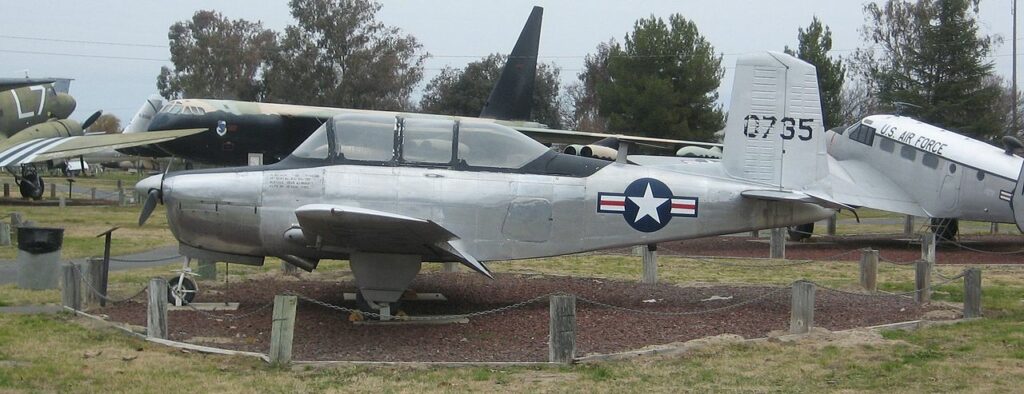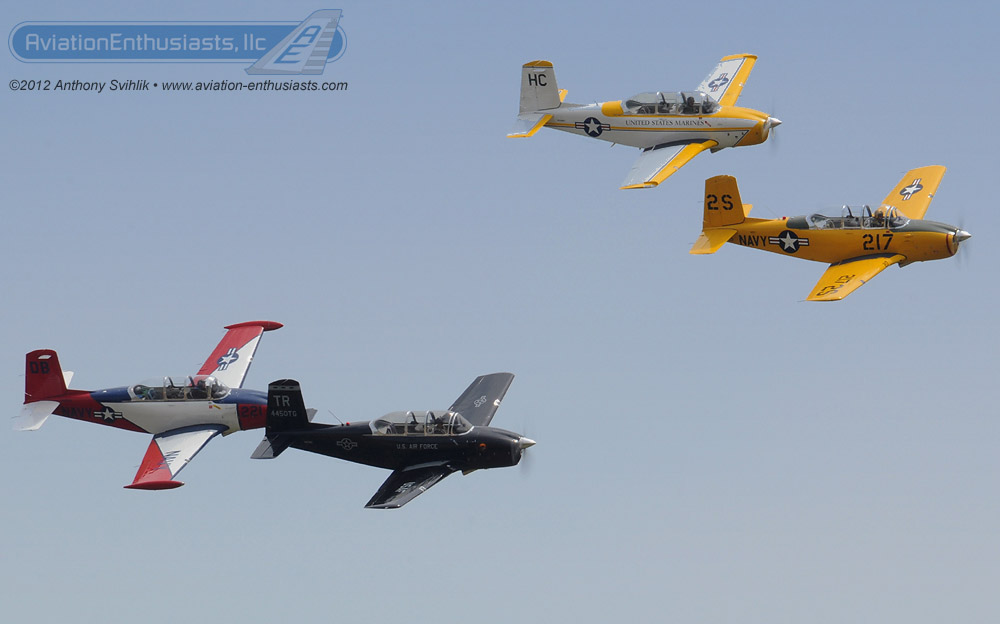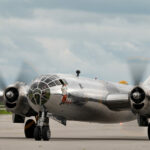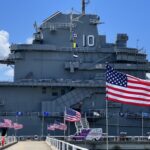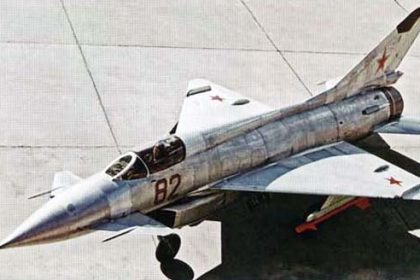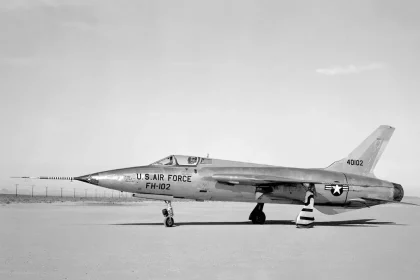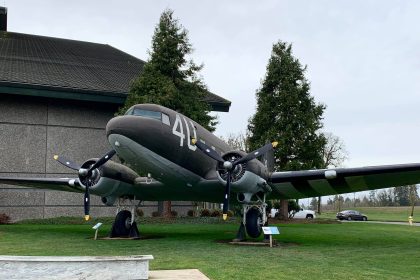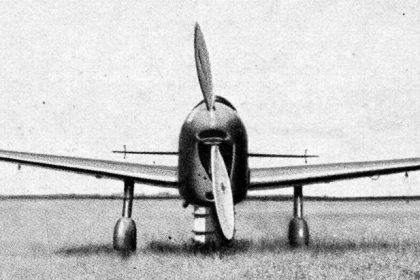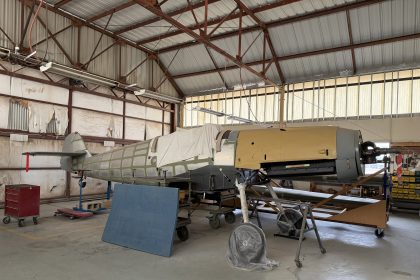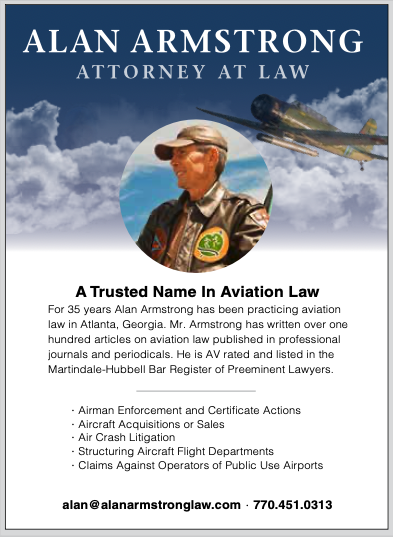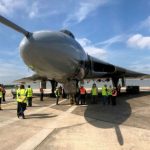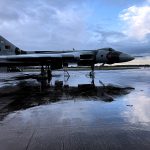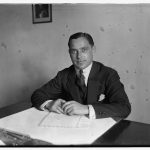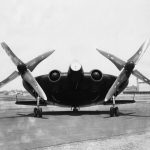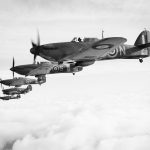The National Museum of the U.S. Air Force will host a T-34 Fly-in and Flyovers on June 9-10. More than four dozen T-34s will arrive at the museum on June 9 and be on display throughout the weekend. On June 10 the airplanes are expected to take to the skies for formation flyovers showing off the capabilities of this popular and successful military trainer.
The U.S. Air Force used the T-34A for primary flight training during the 1950s. The original Mentor, a Beechcraft Model 45 derived from the famous Beechcraft Bonanza, was first flown in December 1948. The first military prototype, designated YT-34 by the USAF, made its initial flight in May 1950.
After extensive testing, the USAF ordered the Mentor into production as the T-34A in early 1953. The first production T-34A was delivered to Edwards Air Force Base, Calif., in October 1953 for evaluation, and deliveries to the Air Training Command began in 1954.
The Mentor remained the standard USAF primary trainer until the introduction of the Cessna T-37 jet trainer in the late 1950s. As they were replaced by T-37s, many T-34s were turned over to base aero clubs. In all, the USAF acquired 450 T-34As. Three hundred fifty were built in the United States and 100 more were produced in Canada under license. The U.S. Navy and 10 foreign militaries also used the T-34.
Schedule below is weather dependent.
All public viewing of aircraft arrival, flyovers and departures can be done at the end of Memorial Park along the fenceline.
Friday, June 9
2 – 3 p.m. First Wave Arrival on Wright Field (behind the museum). Approx 25 aircraft arriving
5 – 6 p.m. Second Wave Arrival on Wright Field. Approx 25 aircraft arriving.
Saturday, June 10
9 a.m. – 5 p.m. All aircraft on static display behind museum’s Memorial Park
10:45 – 11:30 a.m. Formation Flyover Window
2:45 – 3:30 p.m. Formation Flyover Window
Sunday, June 11
9 – 10:30 a.m. First Wave Departure on Wright Field. Approx 25 aircraft departing
1 – 2:30 p.m. Second Wave Departure on Wright Field. Approx 25 aircraft departing







